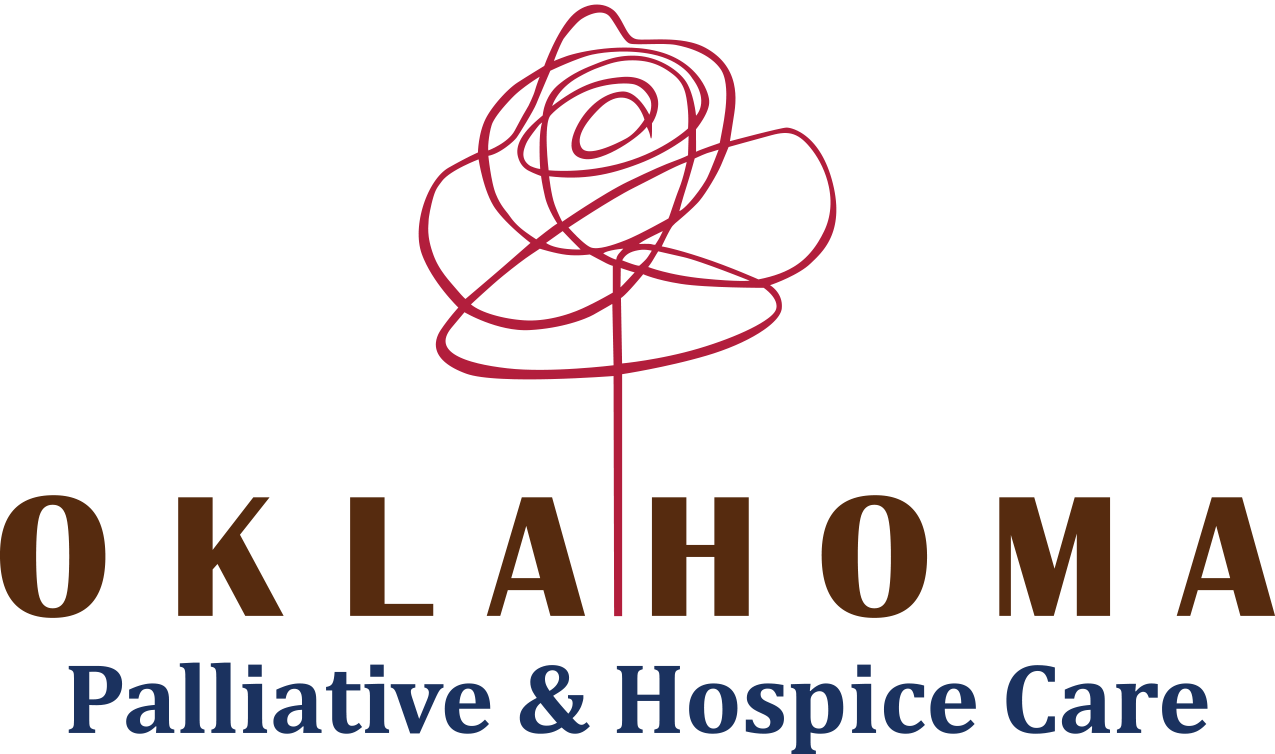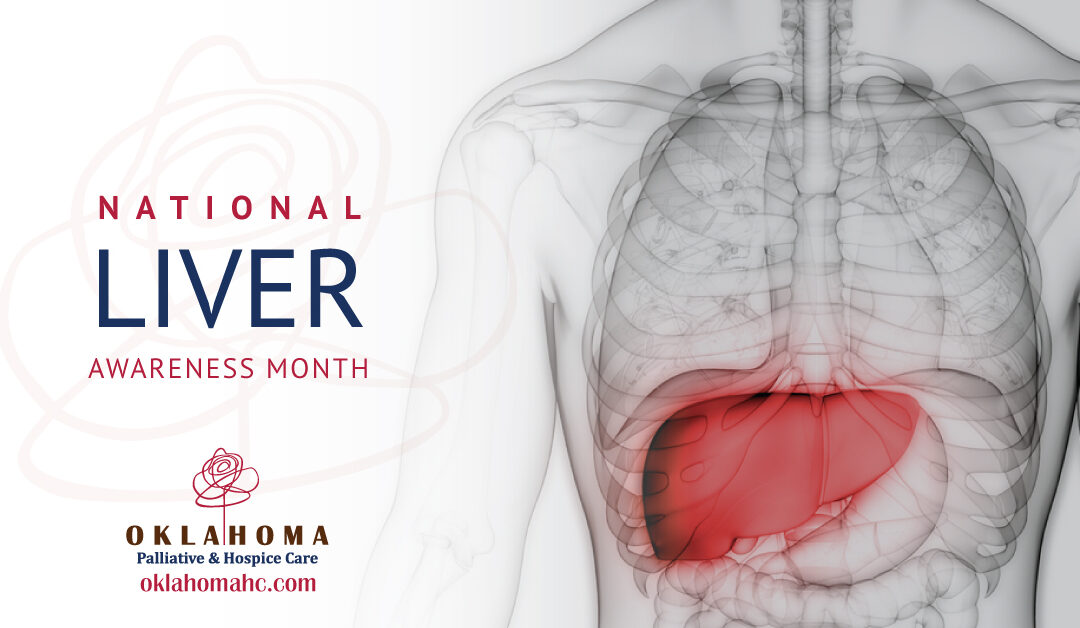October is Liver Awareness Month, and this year, we’re taking a look at how liver disease can affect you and your family, as well as how hospice care can help.
Nearly one in ten Americans are estimated to suffer from liver disease (30 million). It’s also the twelfth leading cause of death in the United States. Liver disease can affect anyone, so it’s important to understand what it is and what signs to look for.
Liver Awareness Month is a great time to learn about the liver and its role in our body. Did you know that the liver is the largest internal organ? It’s also one of the most important since it’s responsible for processing toxins, producing bile, and detoxifying substances from our bodies.
Early detection of liver disease can help prevent serious complications later on. Unfortunately, many people with chronic liver disease are unaware that they have it until symptoms become more severe or a routine blood test shows abnormalities in liver function.
Liver Disease Causes
Many factors can affect how well your liver works. Some of these include age, genetics, diet and nutrition habits (including alcohol consumption), and lifestyle factors like exercise frequency and stress levels.
The liver is an organ that can be damaged by several factors—including alcohol abuse, certain medications, and even certain diseases like hepatitis C. When we have too much alcohol in our system, it can damage our livers—and these days, more people are drinking more alcohol than ever before. The liver is essential for keeping your body healthy, as it’s responsible for many vital functions, such as filtering toxins from your blood.
Some common health problems that affect the liver are hepatitis and cirrhosis, which can have serious consequences if left untreated.
Liver Disease Symptoms
Liver disease can cause a wide range of symptoms and complications, including:
- Hepatitis A may cause nausea and vomiting
- Gallstones may cause abdominal pain
- Liver cancer can cause jaundice (yellowing of the skin) or swelling in the abdomen
- Cirrhosis (the end stage of liver failure) can cause fatigue and low appetite
If you notice any signs of liver disease such as yellowish eyes or skin (jaundice), weight loss or swelling in your abdomen (ascites), nausea, or vomiting, it’s important to seek medical attention immediately; your doctor can quickly treat any underlying conditions.
Liver Disease Prevention
If you’ve been diagnosed with liver disease, or if you’re concerned about someone else’s health, there are things you can do to help prevent further damage and keep your liver healthy! Here are some tips:
- It’s okay to have an occasional glass of wine or beer with dinner—but if you’re drinking heavily every day or binge drinking on weekends, it could be causing harm that leads to liver damage later on down the road.
- Eat lots of vegetables and fruits, especially foods rich in vitamins A and B12. They contain antioxidants called flavonoids which help protect your cells from free radical damage caused by harmful substances like cigarette smoke or pollution.
- Quit smoking cigarettes and avoid secondhand smoke
- Exercise regularly
- Avoid prescription medications known to damage the liver
- Stay up-to-date on vaccines, including hepatitis B vaccine (HBV)
While there are many ways to prevent liver disease, if you or someone you love has been diagnosed with liver disease, hospice care and palliative care can help you find peace with your condition as well as support from others who may be going through similar circumstances.
Hospice and palliative care can help individuals with advanced liver disease by providing pain management, emotional support, and even improving quality of life for patients and their loved ones during this difficult time in their lives.
If you or your loved one are concerned about liver disease, please get in touch with us for more information.

